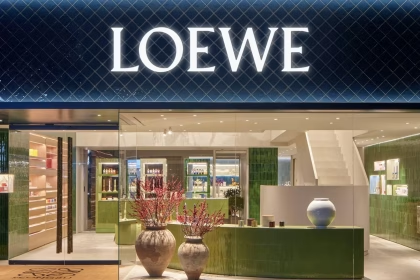Millennials, are the largest pet-owning demographic group in the United States, and they are significantly impacted the pet industry, leading to increased retail sales and shaping the future of pet retailing. With a projected income of $3.39 trillion in 2021, millennials account for 35% of pet ownership in the country. Their obsession with pets has driven the pet industry’s market size from $50.96 billion in 2011 to an estimated $123 billion in 2021.
PetSmart, the largest pet specialty retail chain in North America as of March 2022, leads the industry with a total of 1,669 stores. Millennials’ preference for online shopping has also contributed to the growth of e-commerce platforms like Zulily, which experienced a 33% increase in pet category sales in 2017.
Millennials treat their pets as starter children, with 82% believing that getting a pet is part of preparing for a family. This mindset has influenced their spending habits, with 92% purchasing gifts such as toys, clothing, and treats for their pets at least once a month. In fact, millennials and Gen Xers spend more money on their pets, especially when it comes to veterinary care.
The pet food industry has adapted to cater to millennials’ preferences, with recent trends including sustainably and ethically sourced raw ingredients, humanely raised protein sources, clean and clear labeling, and a move toward plant-based ingredients. These trends are expected to continue driving growth in the pet industry.
As millennials prioritize their careers and delay starting families, their attachment to their pets has grown stronger. A staggering 71% would take a pay cut if it meant they could bring their pets to work every day, with 21% willing to take a pay cut of 20% or more. This strong bond between millennials and their pets has created a significant opportunity for pet care brands to increase sales by focusing on this primary pet-owning demographic.
Millennials’ obsession with pets has led to significant growth in the pet industry, with PetSmart emerging as the leading retailer. The industry has adapted to cater to millennials’ preferences and spending habits, resulting in increased retail sales and a promising future for pet care brands that target this influential demographic group.

















